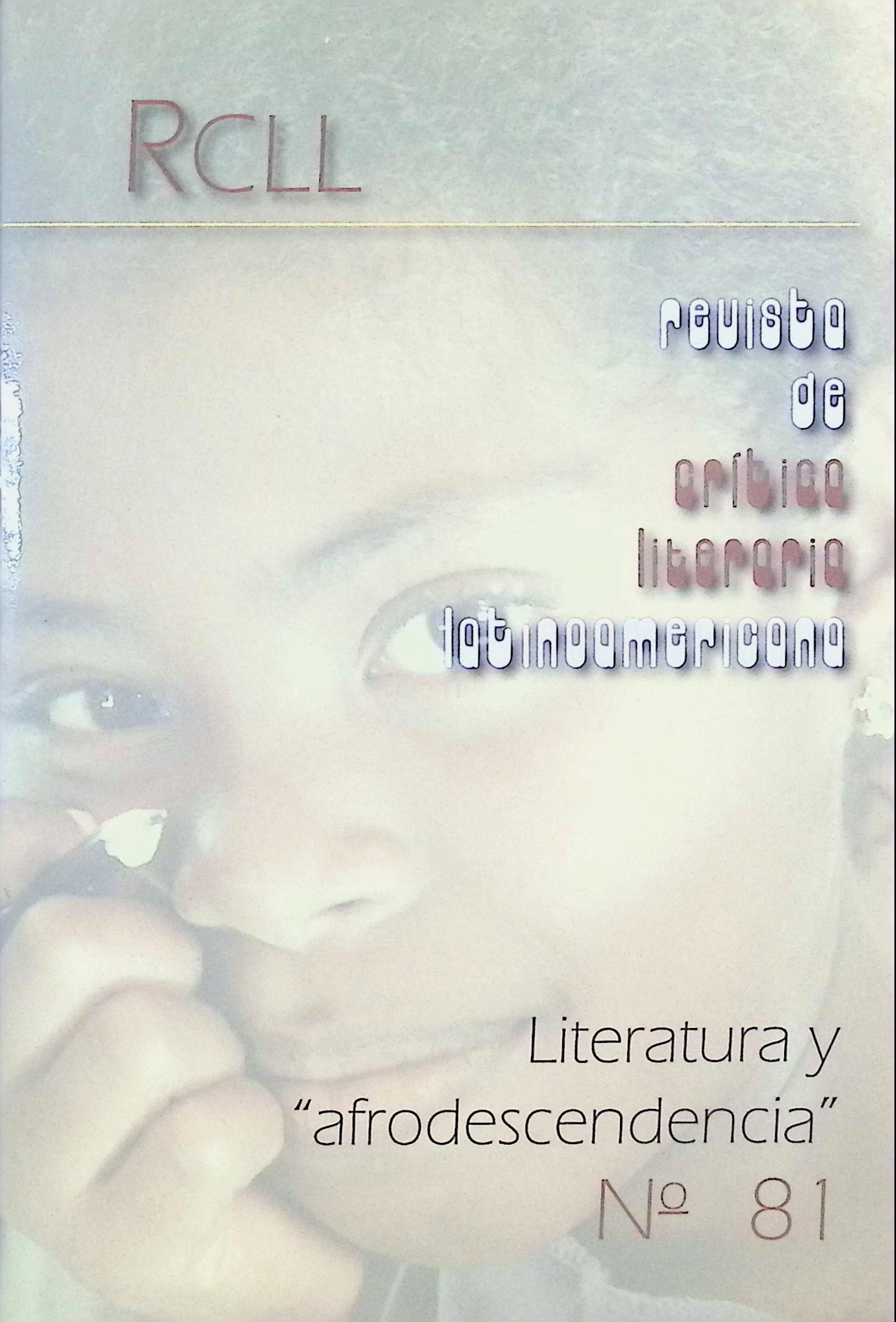"Wan tru puwema" – La actualidad del cimarronaje y su relación con la literatura no-hispana del Caribe
Keywords:
Haiti, Myth hero, Resistance to the division of global work, Négritude, To maroon, African American religious orientations, African diaspora, Indigenous peopleAbstract
Ever since the international success of the Autobiography of a Runaway Slave (1966) by the Cuban author Miguel Barnet it is clear that, in the Caribbean, being a maroon has to do with African heritage. The maroon in Barnet’s work is a lonesome individual. Meanwhile, however, in Jamaica and Suriname a considerable number of maroon societies, whose strategies of survival are converted in crucial literary strategies in contemporary literature, continue living in traditional ways. The aim of this essay is to reconstruct this tendency in the non-Hispanic Caribbean as a part of a global vanguard that reacts to the threats against the ecosystem and, also, the survival of these communities





